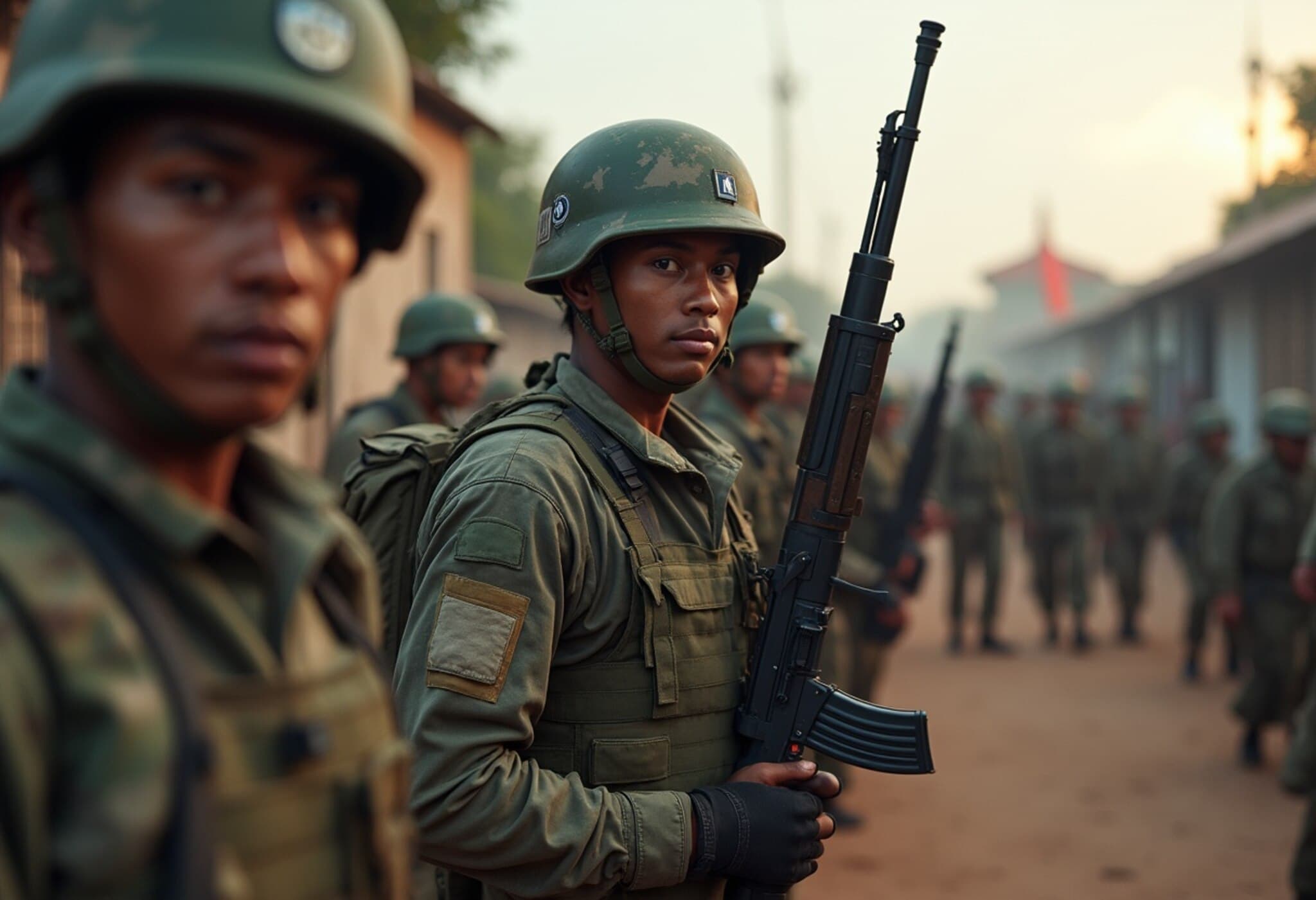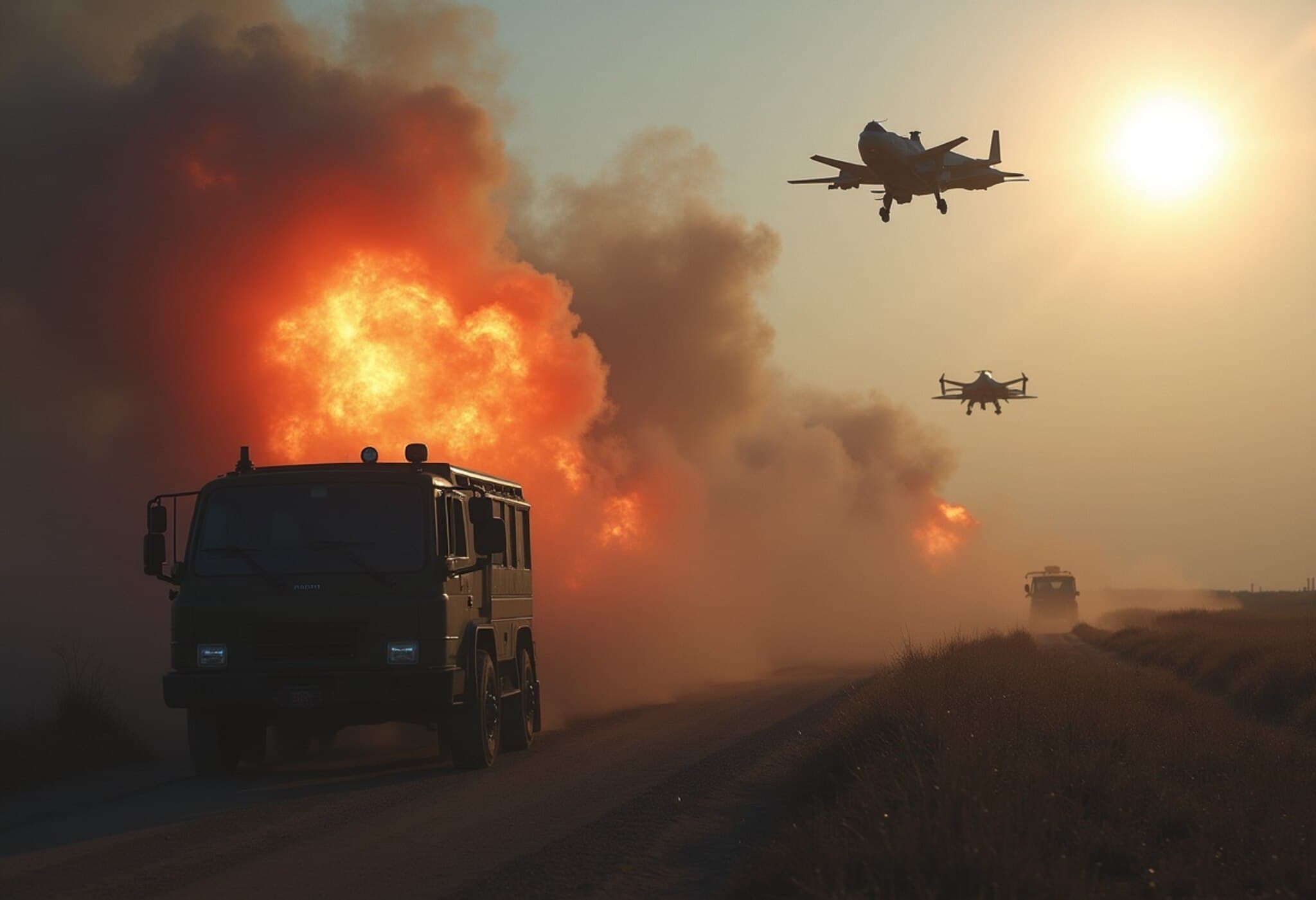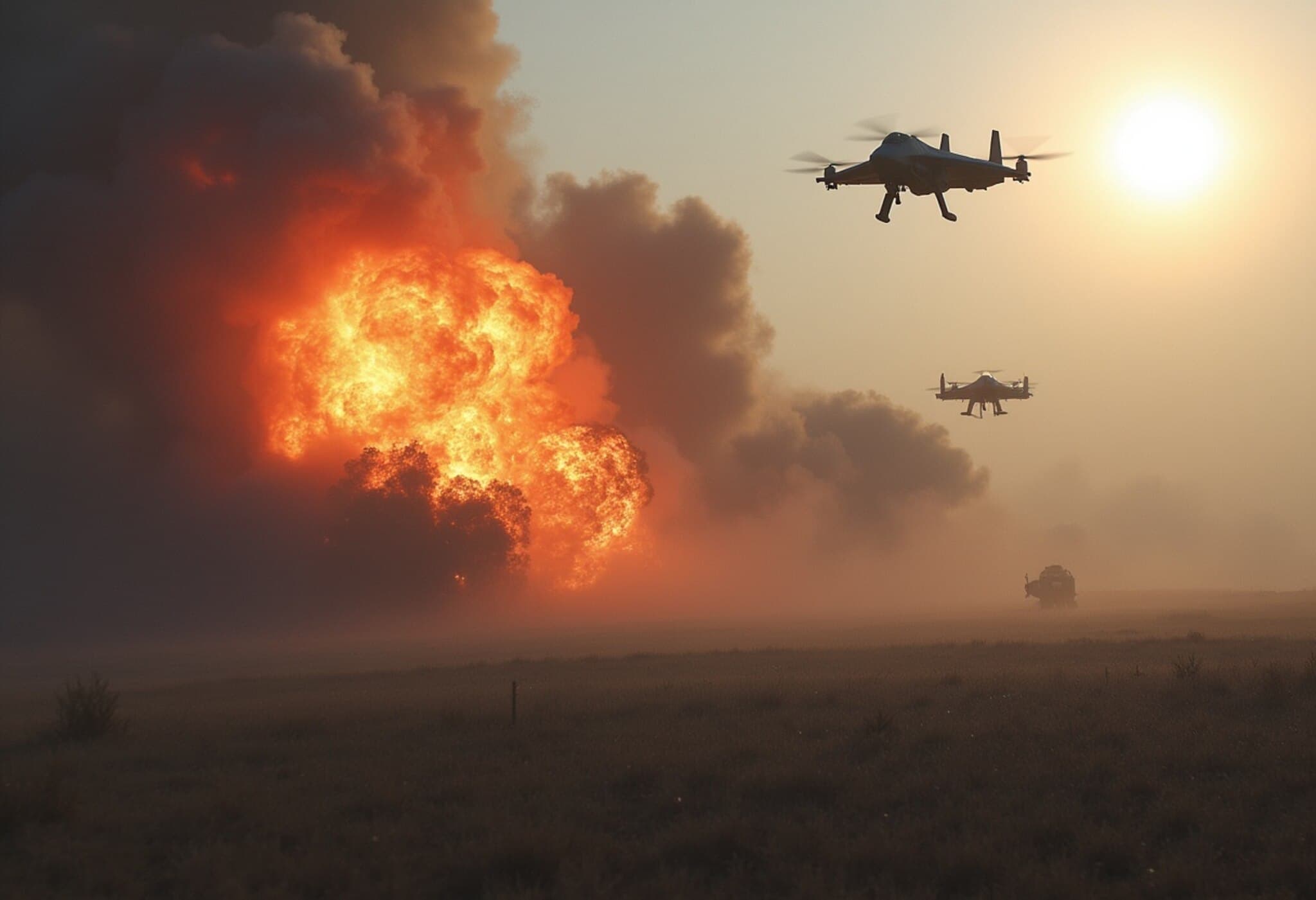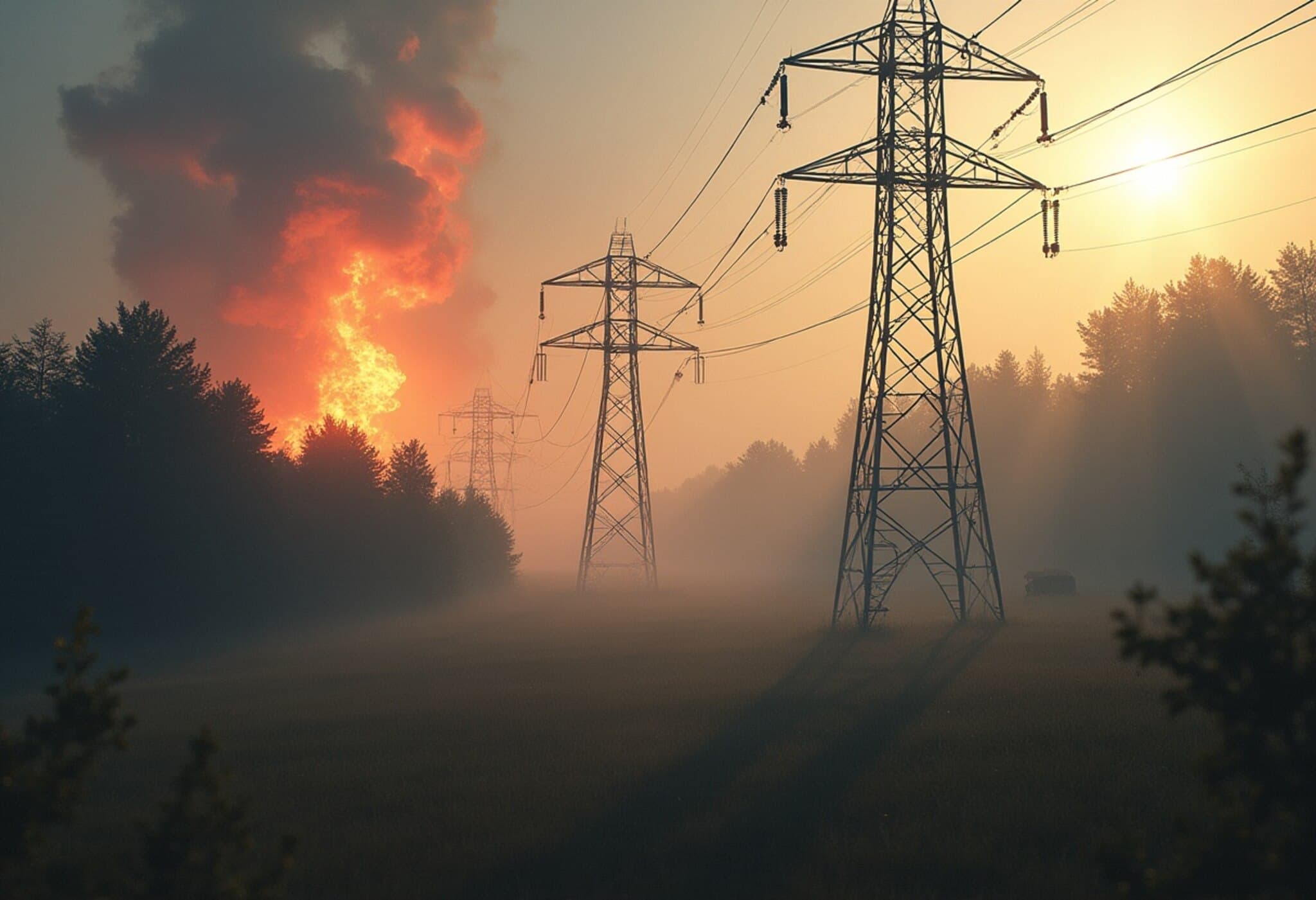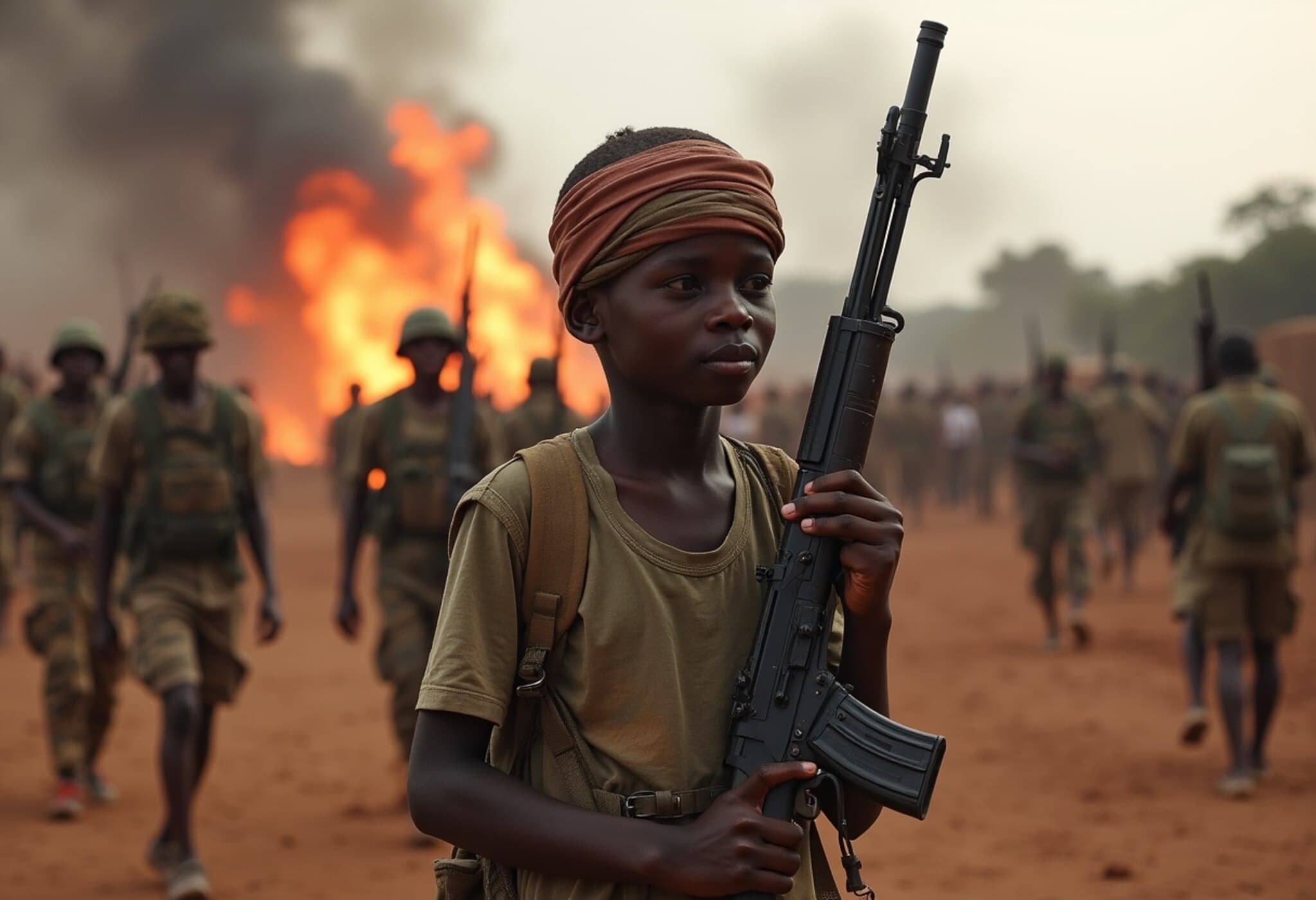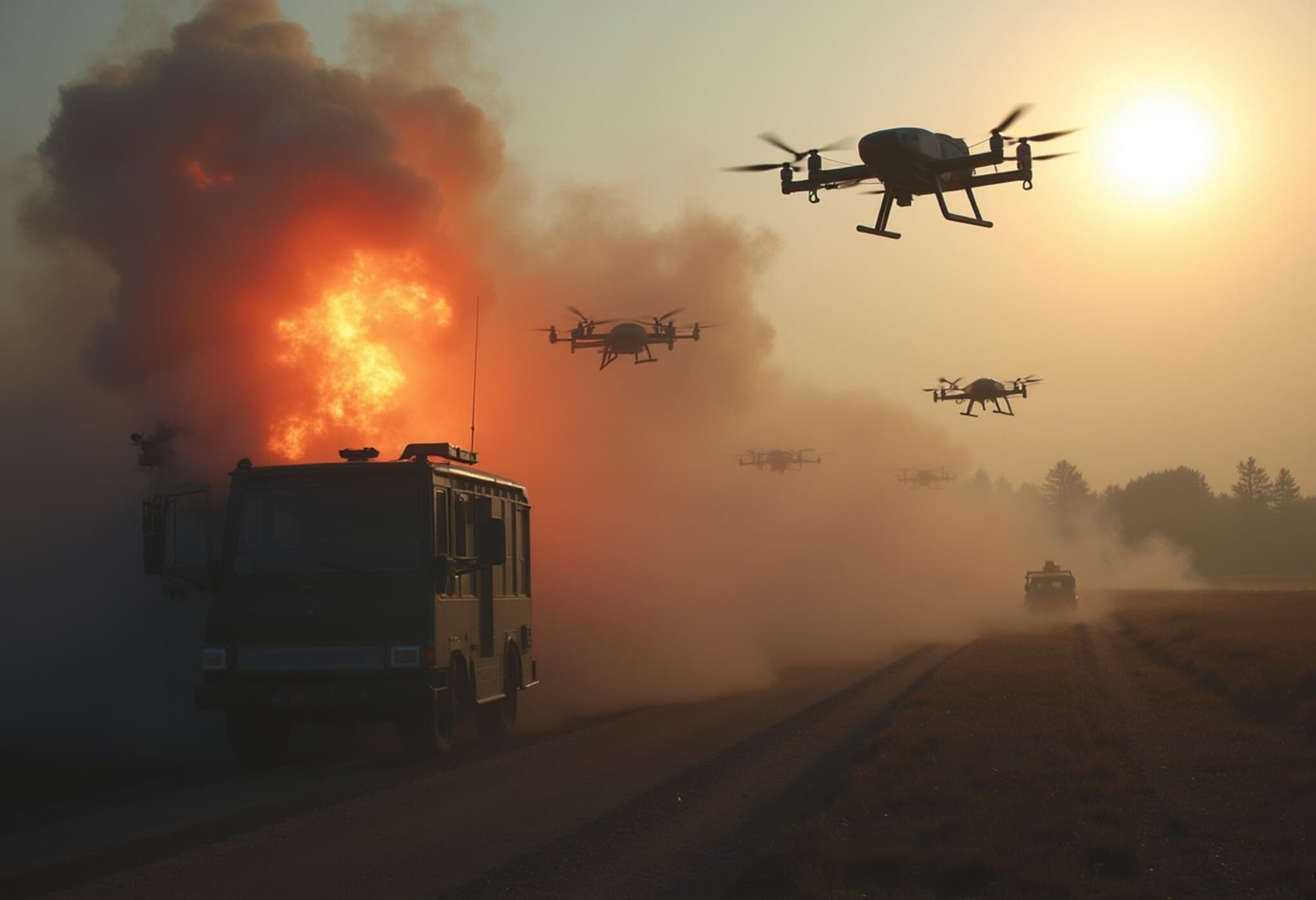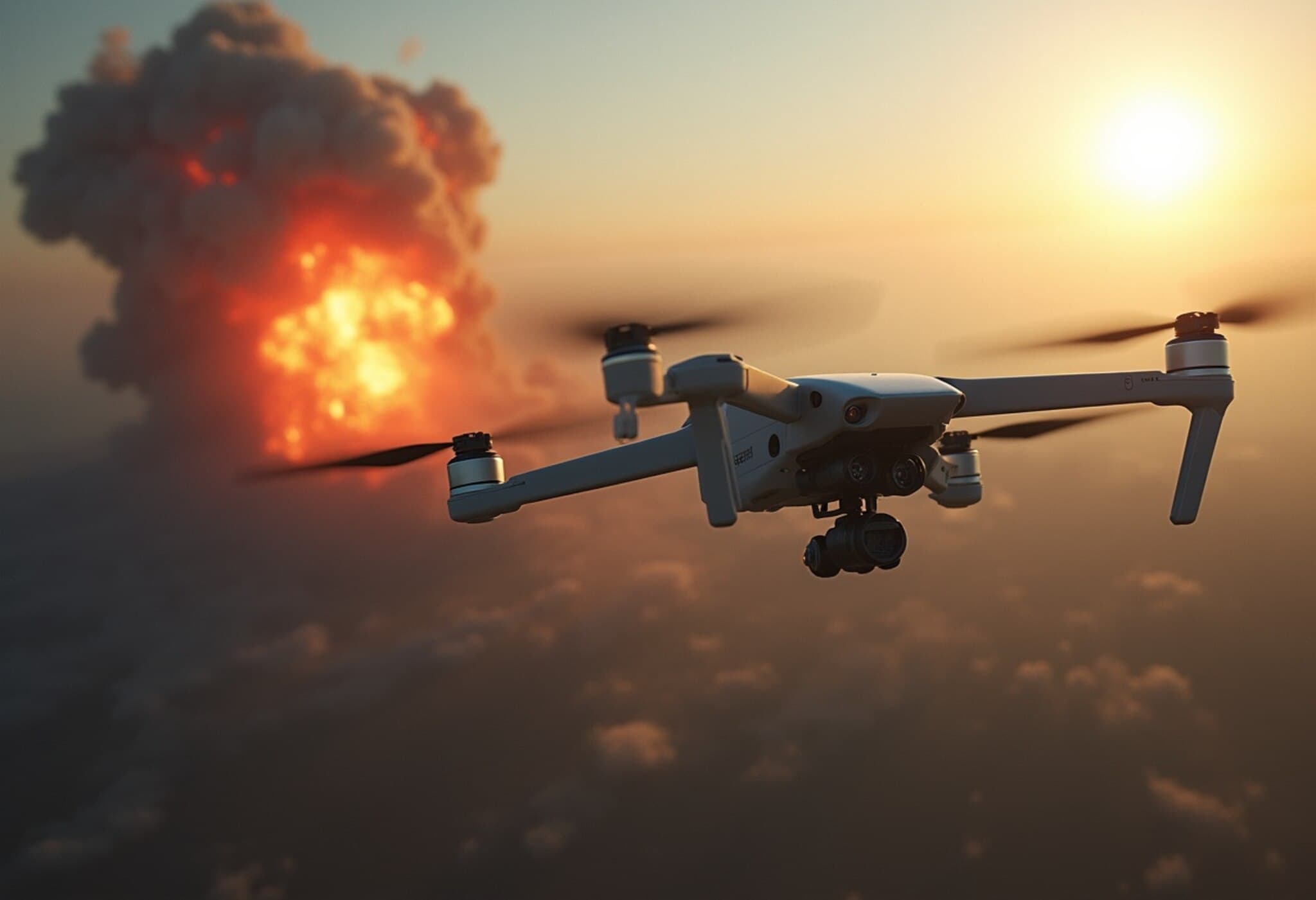Escalating Conflict in Myanmar Forces Hundreds to Flee Across Thai Border
In a stark reminder of the protracted turmoil in Myanmar, over 500 civilians and Myanmar soldiers crossed into Thailand on Saturday after ethnic Karen fighters launched a fierce assault on a military base in Kayin state near the Thai border. The event underscores the deepening instability that continues to reshape the region's political and humanitarian landscape.
The Attack and Immediate Aftermath
According to a statement from the Thai military, the Karen National Liberation Army (KNLA) targeted a Myanmar military facility around 3 p.m. local time. Despite efforts by Myanmar soldiers to hold their position and calls for reinforcements, the troops were eventually overrun. The intensity of the fighting forced the retreat of approximately 100 military personnel and 467 civilians, who fled across the Moei River seeking refuge in Thailand’s Mae Sot district.
Thailand’s Response and Humanitarian Measures
Upon arrival, Thai authorities promptly disarmed the soldiers and civilians and provided essential medical and humanitarian assistance. Officials from the Tak province emphasized a commitment to maintaining border security, ramping up patrols to prevent incursions yet expressing the importance of humanitarian support for displaced persons.
- Security Measures: Increased military patrols in western Tak Province to safeguard Thai sovereignty.
- Humanitarian Aid: Medical treatment, disarmament, and shelter arranged for refugees.
Background: The Karen Conflict within Myanmar’s Larger Crisis
The Karen ethnic minority, largely concentrated along Myanmar’s southeastern border, has faced decades-long conflict with the central military authorities. The KNLA, the armed wing of the Karen National Union, has been fighting for autonomy and protection of their cultural identity amidst decades of political marginalization.
Myanmar's ongoing civil war, which intensified following the 2021 military coup, pits the junta against an array of ethnic armed organizations and pro-democracy forces. This has precipitated a grave humanitarian crisis, resulting in tens of thousands of refugees seeking asylum in neighboring countries, particularly Thailand.
The United Nations estimates indicate that around 81,000 refugees and asylum seekers from Myanmar currently reside in Thailand, many in border camps struggling with limited resources and uncertain futures.
Expert Insight: Regional Implications and Challenges
From a geopolitical standpoint, the influx of refugees presents a complex challenge for Thailand, which must balance humanitarian obligations with national security concerns. The presence of armed defectors crossing into Thai territory raises questions about potential cross-border tensions and the risk of unintended escalation.
Moreover, the Karen struggle highlights the broader issues of ethnic rights and federalism in Myanmar’s quest for peace—a challenge that the international community continues to watch closely. The resilience of ethnic armed groups underscores the limits of the military junta’s control and foreshadows prolonged instability unless inclusive political dialogue is pursued.
Questions for Further Consideration
- How can Thailand effectively manage increasing refugee inflows while safeguarding its borders?
- What role should the international community play in fostering a sustainable resolution to Myanmar’s ethnic conflicts?
- Can the Karen people’s quest for autonomy provide a blueprint for inclusive federal arrangements elsewhere in Myanmar?
Looking Ahead
This latest episode serves as a poignant case study of the interconnectedness between armed conflict, displacement, and regional stability. As the Myanmar crisis unfolds, stakeholders must navigate a precarious path that balances urgent humanitarian needs with complex political realities.
Editor’s Note
The recent border crossing by hundreds of civilians and soldiers fleeing the Karen conflict is not just a statistic—it is a human story shaped by decades of marginalization, resistance, and deep-seated political turmoil. While immediate humanitarian responses are vital, long-term peace requires addressing the root causes of Myanmar’s ethnic conflicts. Readers are encouraged to reflect on the profound regional implications and the pressing need for international engagement that prioritizes human dignity and political inclusivity.

